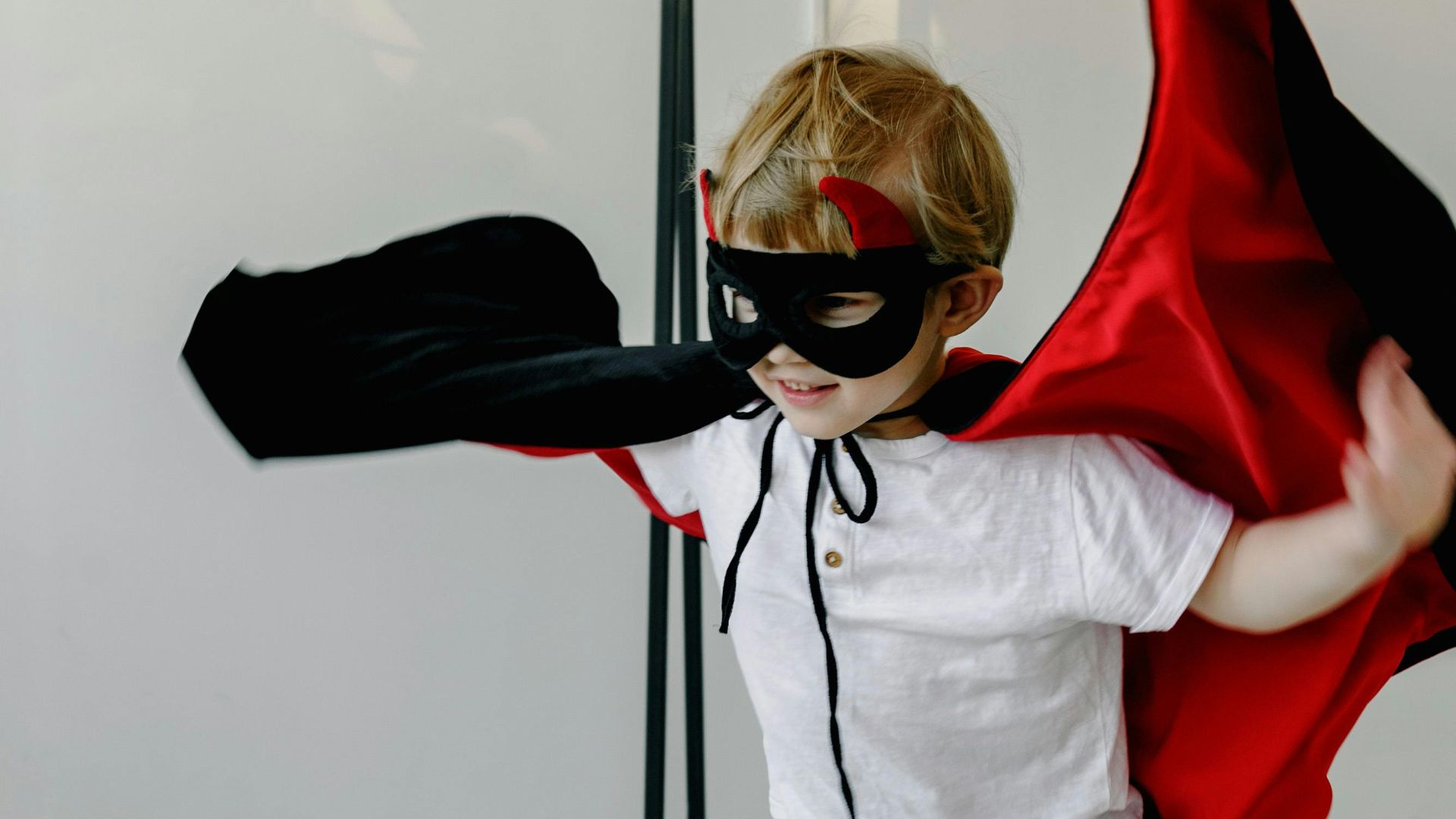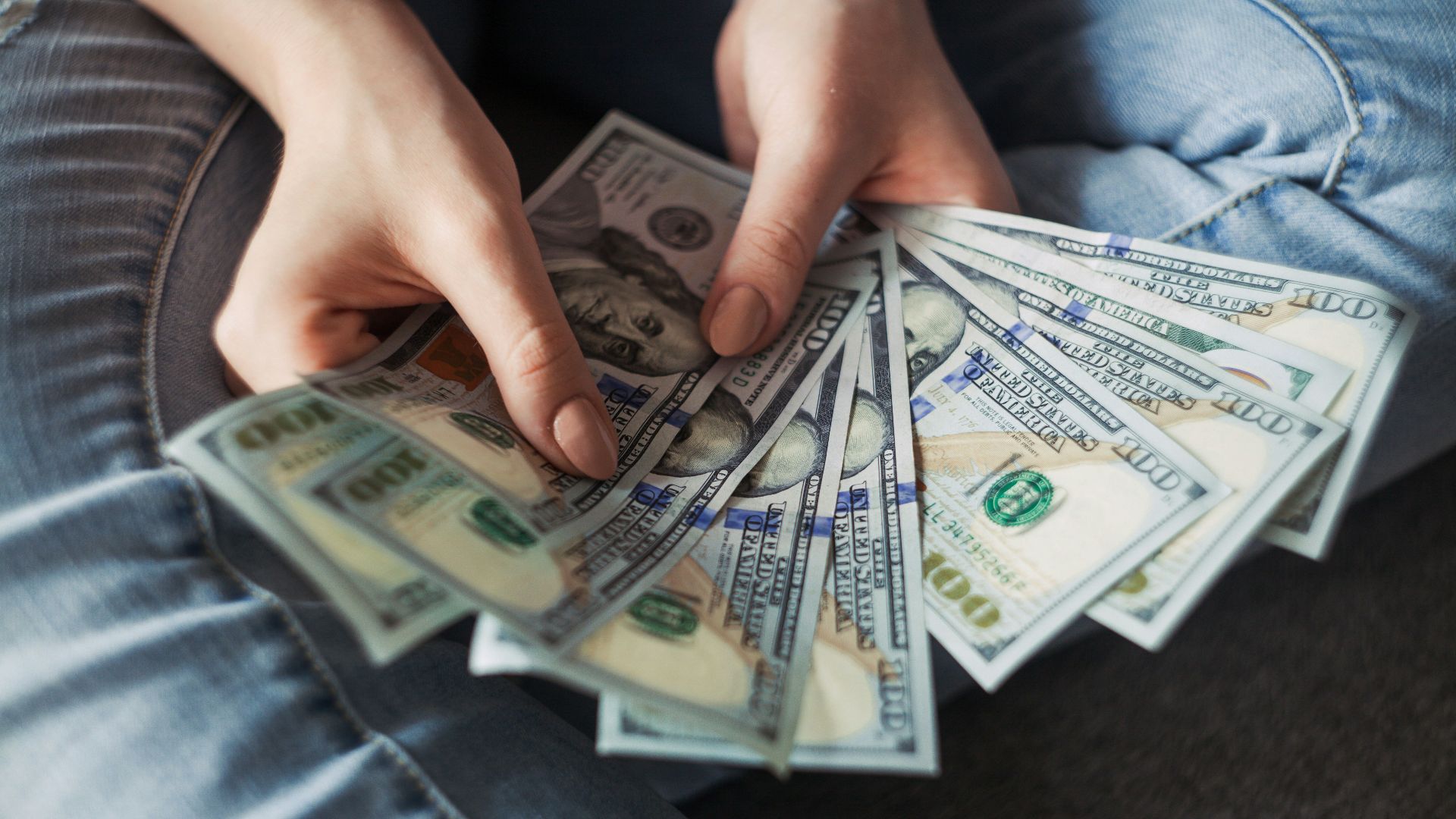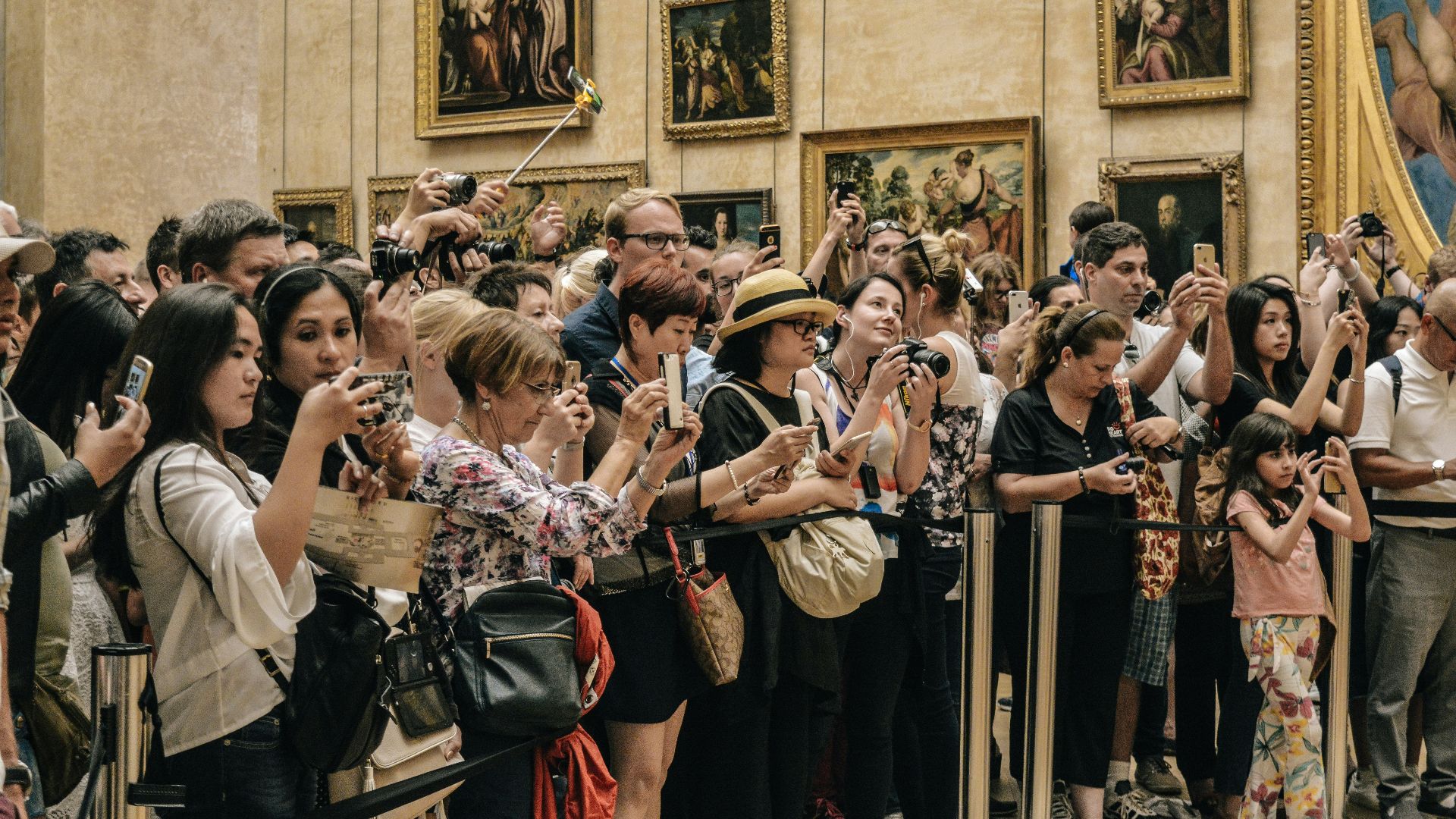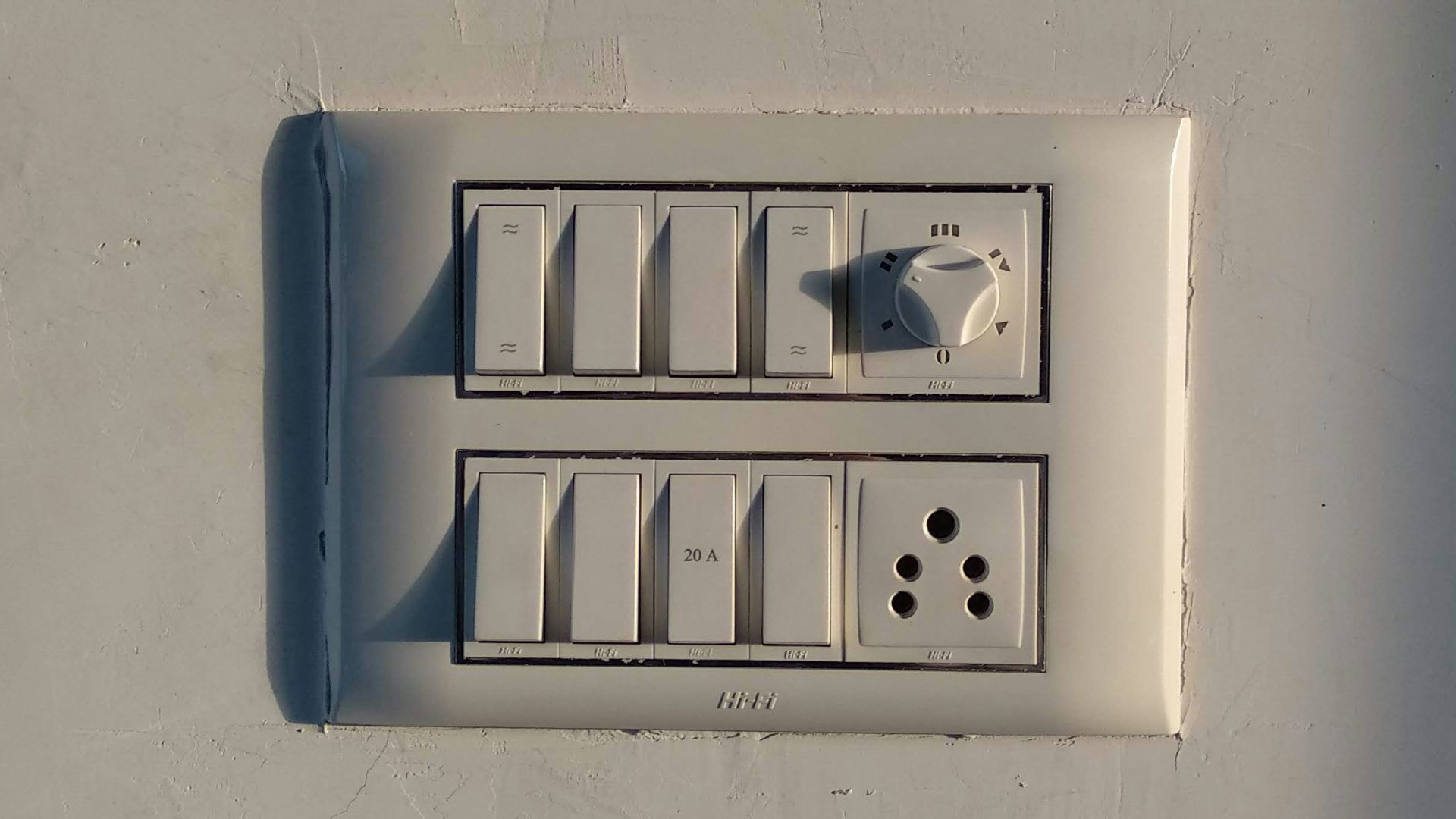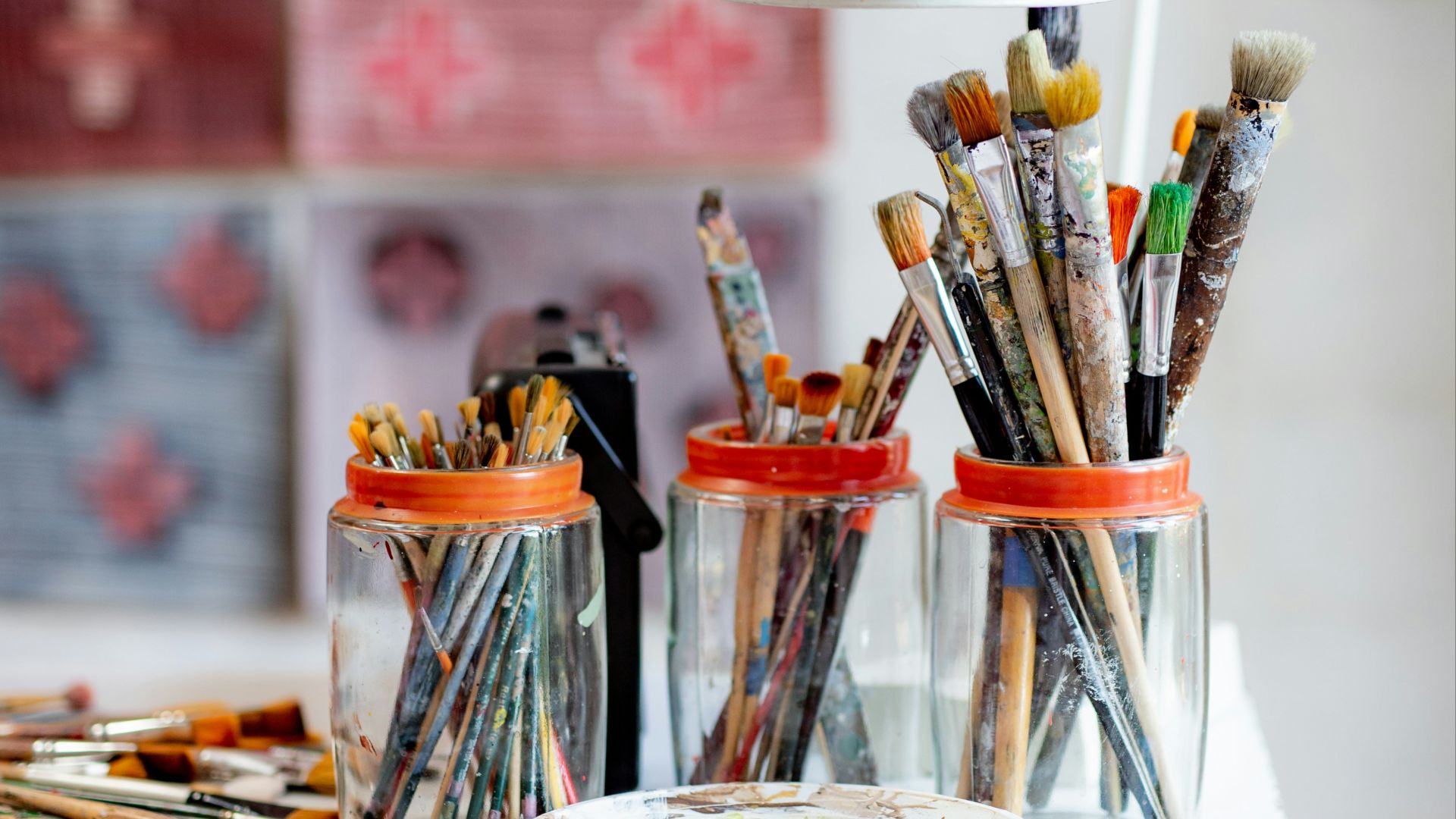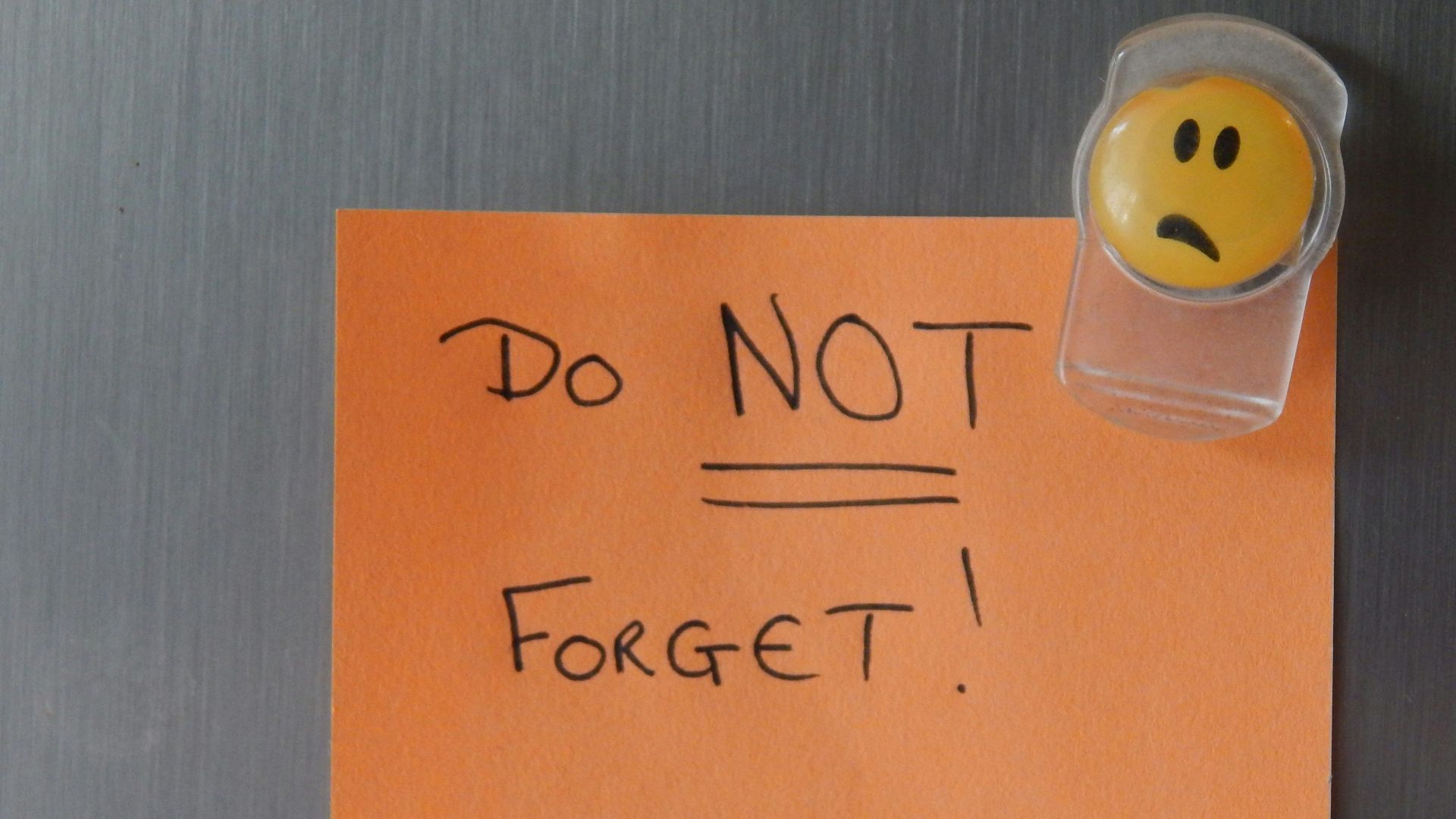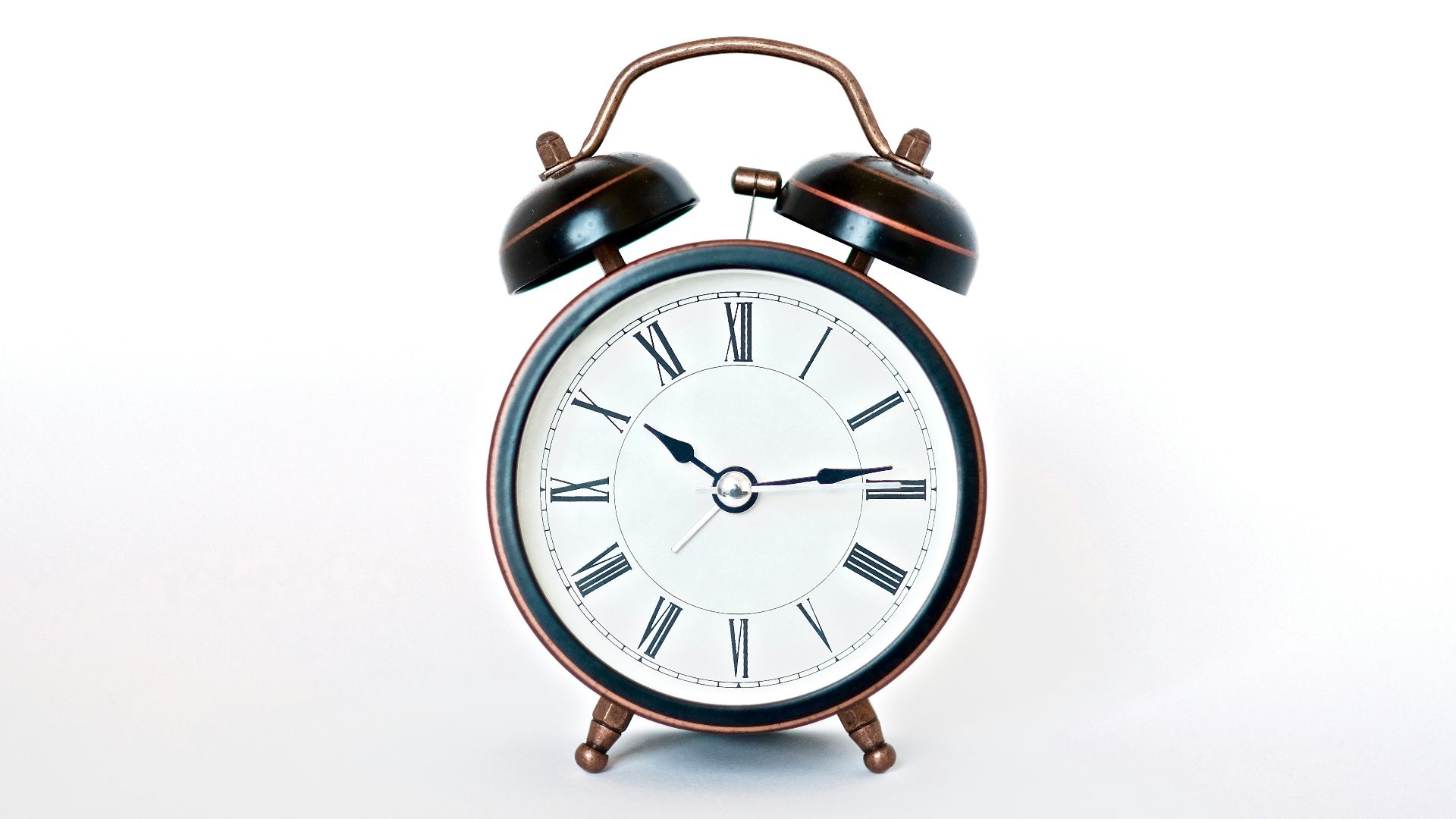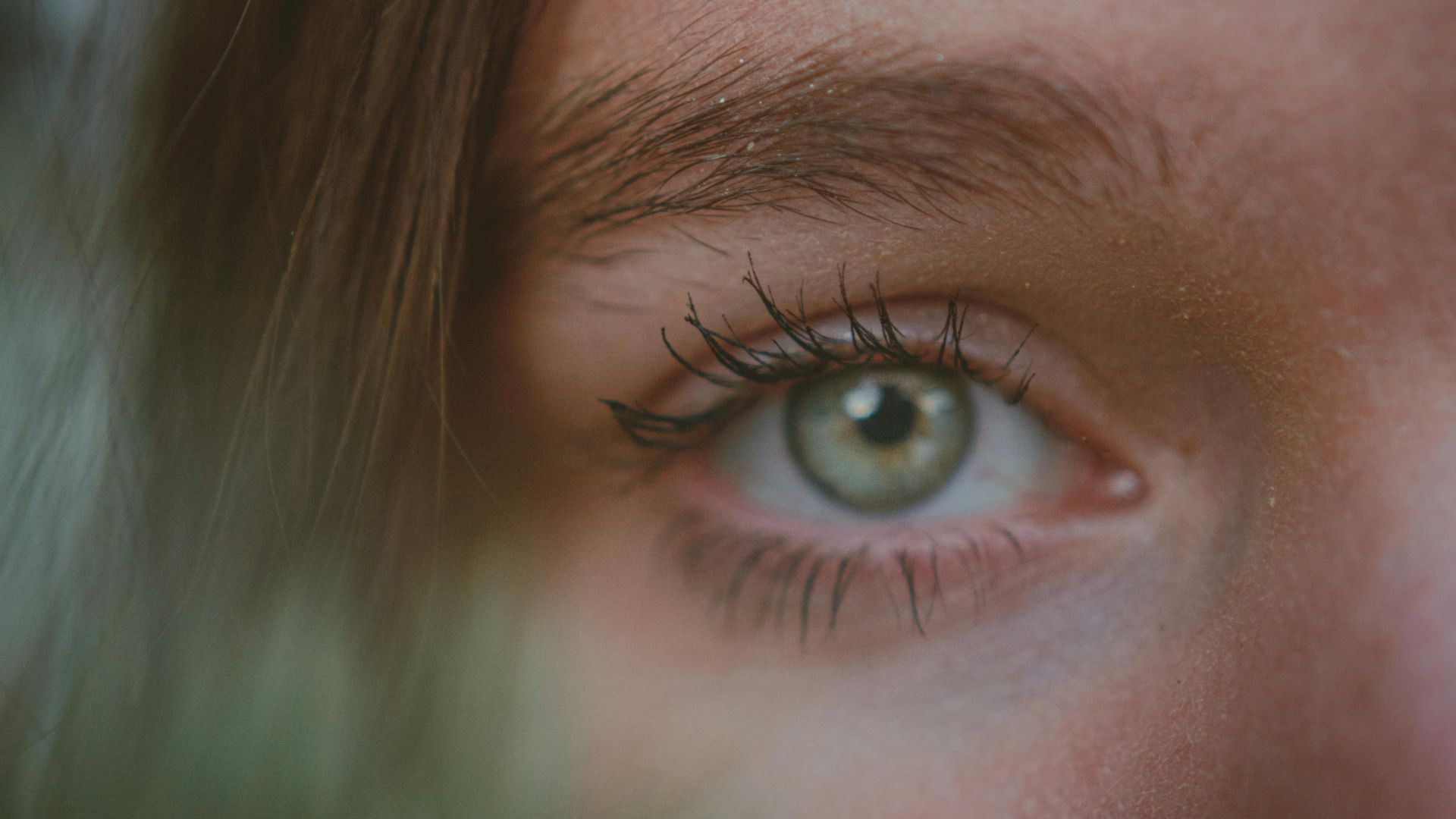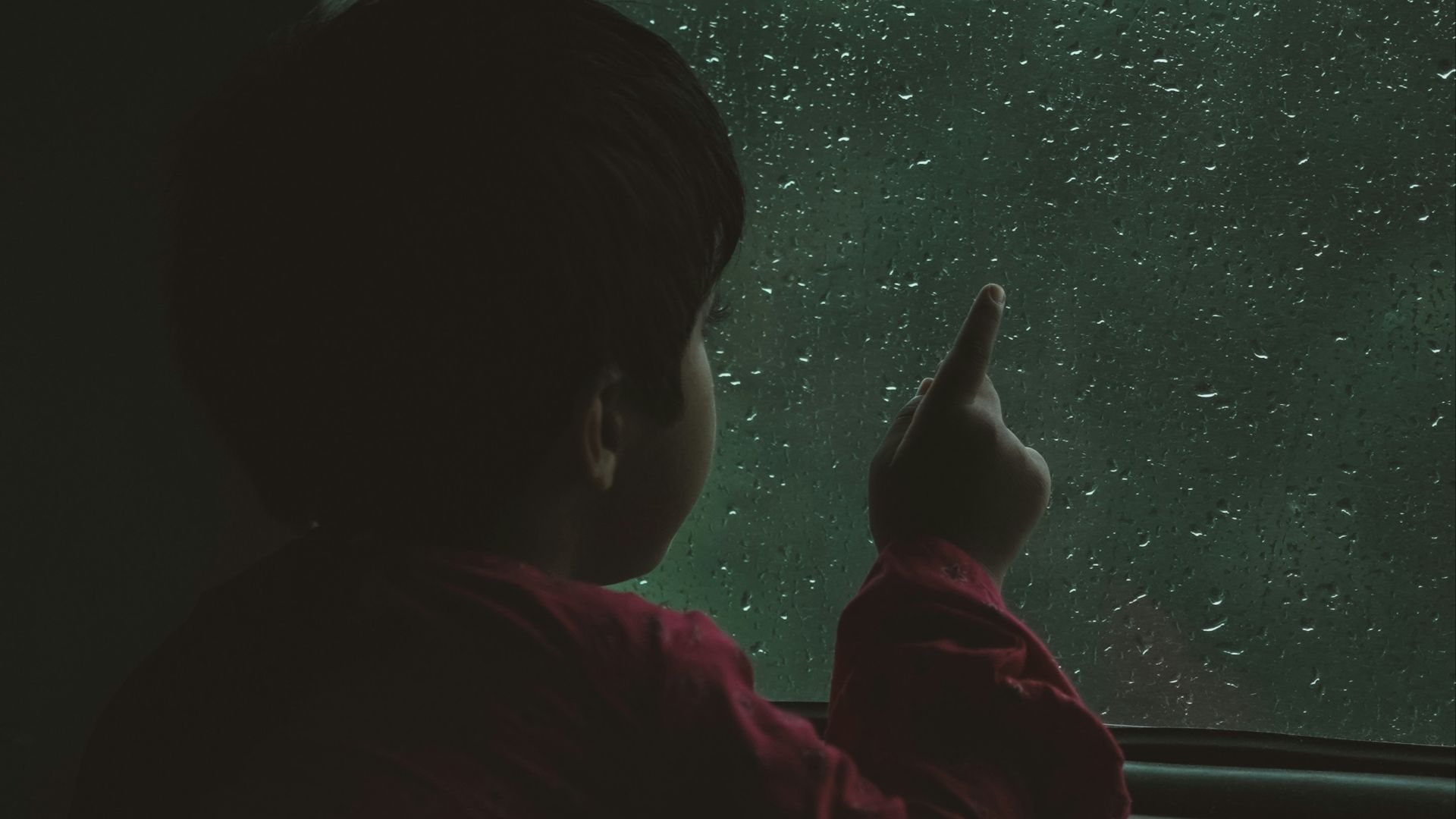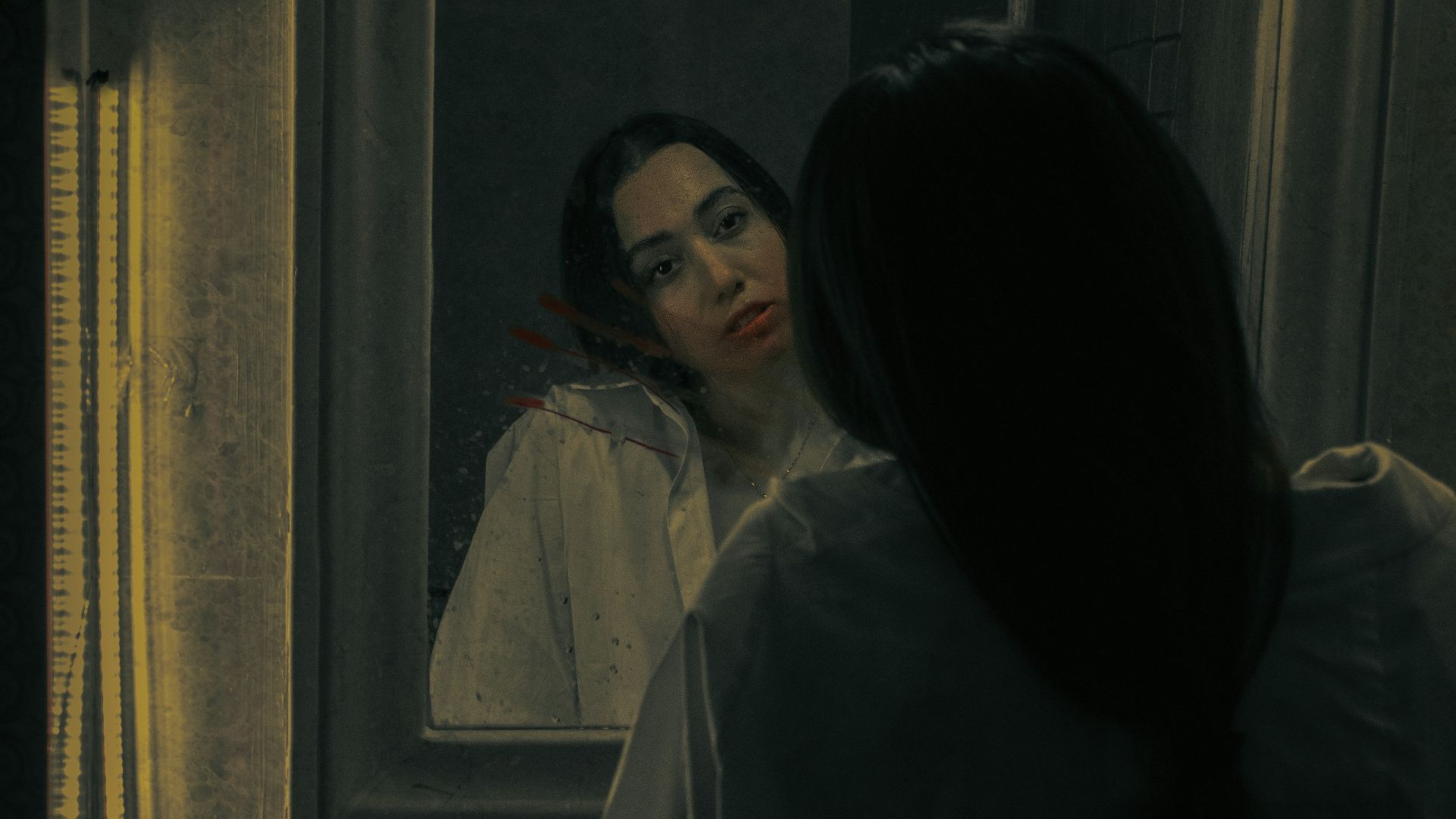10 Things People Often Daydream About & 10 Fun Facts You Should Know
(Don’t) Dream Your Life Away
If you’ve ever been told that you’re lazy or unmotivated for daydreaming, please go ahead and wipe that idea from your mind. Daydreaming is a normal, natural, and healthy part of the human psyche, as long as it doesn’t interfere with your real-world responsibilities. Check out this list below to learn more about common daydreaming themes, and some nifty facts you can spit back when someone calls you lazy.
1. Conversations
If you’re often daydreaming about conversations, it typically means you’re struggling with unresolved thoughts or significant interactions. These types of daydreams exist as a way to problem solve, understand others better, or to communicate important feelings you’re struggling to express outside of your waking life.
 Christina @ wocintechchat.com on Unsplash
Christina @ wocintechchat.com on Unsplash
2. Heroism
Dreaming about being a hero means you want to be perceived as desired or idealized by others. This type of daydream allows you to explore glory, control, respect, and power, which can be especially helpful when your real life feels powerless.
3. Romance
Romantic daydreams tend to reflect your desire for companionship or care, and often provide an alternative to loneliness or boredom. It can also provide insight into what you need or prioritize most in relationships, and can be a way to process your emotions.
4. Money
On a positive note, daydreaming can mean you’re feeling optimistic. On the other hand, it can signify you’re struggling financially and have a subconscious fear about meeting your basic needs. In both, however, it likely represents a desire for financial security.
5. Being Hurt Or Hurting Someone
If somebody or something has hurt you in real life, it’s common to process your emotions by daydreaming about getting hurt. Alternatively, it’s common to process thoughts of anger by dreaming up a situation where you’re hurting someone else.
6. Fame
Thinking up a situation where you’re famous, or at least relatively well-known, is common when you’re looking for validation, recognition, or as an escape from an unsatisfying reality. This is especially true if you have feelings of insecurity or low self-esteem.
7. Adventure / Starting Over
People who dream of adventure or starting anew likely stem from feelings of guilt, a lack of forgiveness, and the desire for a fresh start. It can also mean you’re looking to make some big life changes, letting go of stress, or want to experience something new.
8. Power
Daydreaming about power means you’re likely feeling a need to escape or have a desire for recognition. Alternatively, it can also mean you possess a grandiose self-image, and you believe you deserve more than what you currently have.
9. Disasters
Also known as ‘daymares,’ dreaming about disasters likely means you’re feeling overwhelmed, anxious, or out of control. If you’re an anxious person, thinking up worst-case scenarios is common, but it can also be used as a means to address underlying fears or stressors.
10. Food
Daydreaming about food means that you’re likely not eating enough, you’re stressed and looking for a distraction, or it could potentially mean you have an eating disorder. If your mind is turning to food during the day, it could be a sign that you need to up your energy levels.
1. You Turn Off Parts Of Your Brain
When you daydream, your brain shifts to its default mode network (DMN), which is used for memory recollection, processing information, or stimulating future scenarios. This part of your brain makes you a great problem solver, so it's important to daydream every once and a while.
2. You Daydream Less As You Age
Studies show that you daydream less as you get older. This could relate to having fewer day-to-day concerns, a more permanent routine, and overall being less focused on the future.
3. It Makes You More Creative
Allowing your mind to explore ideas, concepts, or thought connections can make you more creative, especially if you’re focused on positive daydreaming. This “mental vacation” lets you rearrange thoughts, access new perspectives, and consolidate memories, which can increase creative performance.
4. It Makes You Forget What You Were Doing
As your mind drifts from whatever task you’re presently completing, it’s common to lose time and a general awareness of your reality. This is done through encoding, which is when your brain has to use more mental resources for your daydream instead of picking up on real-world events.
5. It Only Lasts For A Few Minutes
Regular daydreams average out to about 14 seconds, but it's common for daydreamers to slip away to their mind palace for a few minutes at a time. Although certain studies show that certain people can daydream for a few hours.
6. Your Method Changes Over Time
It’s common for your daydreaming methods to shift over time due to age, life transitions, and potential developments of maladaptive daydreaming. As we get older, we tend to shy away from the childlike flights of fancy and focus on problem-solving, planning, and otherwise realistic scenarios.
7. You Blink Less
Have you ever caught yourself staring at a wall, or even staring at someone, when you daydream? It’s not abnormal. Many studies report that it’s common to blink less when your mind is focused on other things, leaving blinking behind.
8. Stress Causes More Daydreams
If you’re particularly stressed out, it’s common to have an uptick in daydreams. While daydreaming too much can become an unhealthy coping mechanism, it does offer a way to temporarily escape stress.
9. It’s Important For Kids To Daydream
Kids need to daydream. On top of fostering creativity, it aids in processing complex information and emotions, develops social skills and empathy, and can help with problem-solving.
10. Daydreams Help Your Brain Talk To Itself
Also known as inner speech or your internal monologue, your brain tends to personify itself as a means to process information. This world-building ultimately creates a safe space for individuals to process their emotions, get motivation, or escape from real life.



